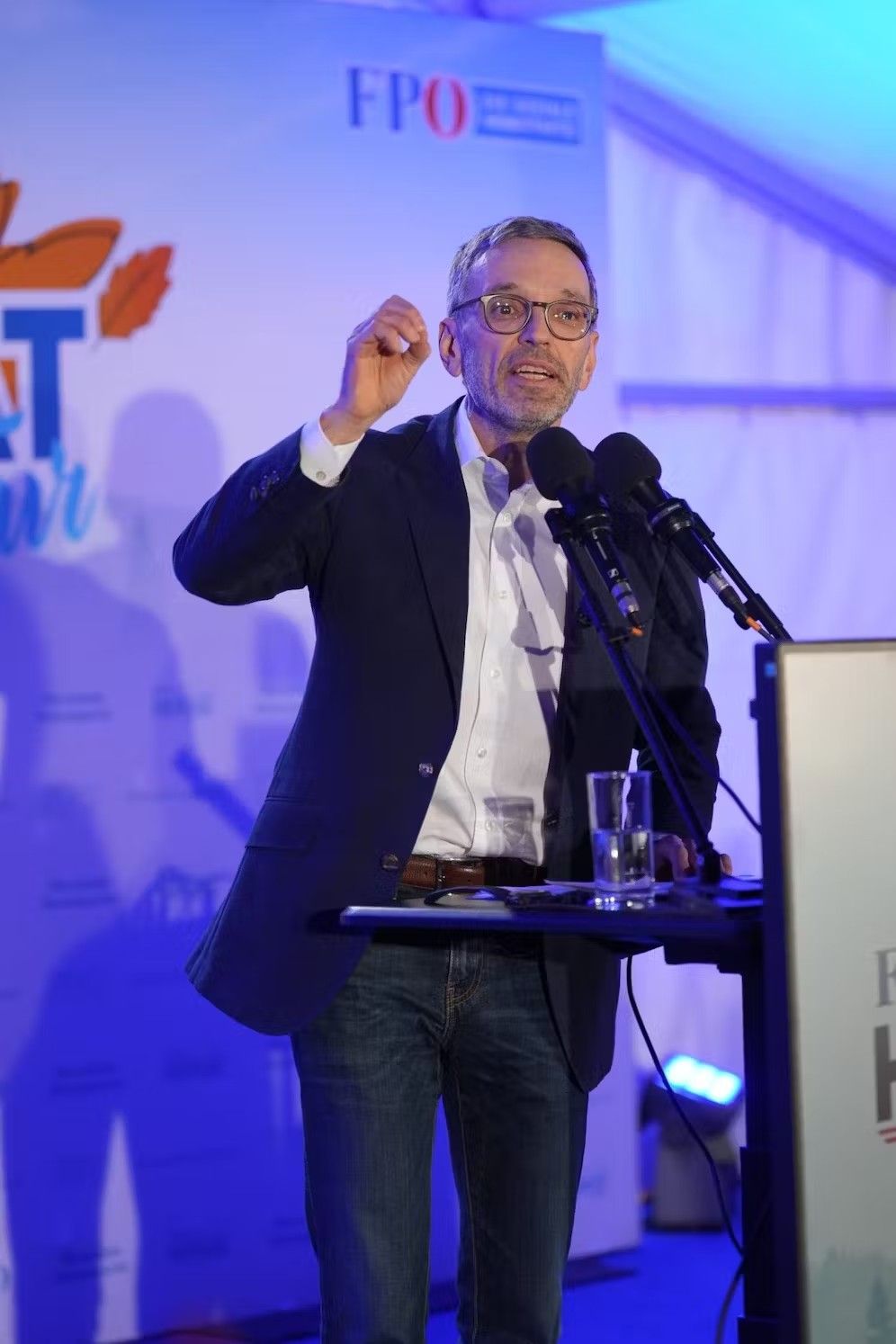If Donald Trump becomes president again after the US elections: This is how the German government is preparing
In the wake of speculation surrounding a potential second term for Donald Trump, Germany finds itself quietly preparing for various scenarios, despite maintaining a public front of nonchalance. Friedrich Merz, a prominent figure in the CDU, criticized the EU and Germany for their perceived lack of readiness, sparking a broader discourse within the party. Jürgen Hardt, the foreign policy spokesperson for CDU/CSU, emphasizes the importance of acknowledging the possibility, while Thorsten Frei contends that the government is ill-prepared for such an eventuality.
Official responses from the government and coalition have been restrained, with a senior official highlighting the sensitivity of the matter. Maintaining silence aims to avoid appearing influenced by potential outcomes, be it a win for Joe Biden or a return of Donald Trump. Chancellor’s office minister Wolfgang Schmidt encapsulates this approach with the maxim, “We cross the bridge when we get there.”
Beneath the surface, however, there are discreet initiatives that can be viewed under the lens of ‘Trump 2.0.’ Olaf Scholz’s call for increased efforts in favor of Ukraine and diplomatic efforts to forge partnerships with Brazil and Indonesia indicate a nuanced preparation for a shifting geopolitical landscape, particularly in the event of a Trump presidency.

While the government remains cautious about prematurely engaging in domestic debates about the consequences of Trump’s potential re-election, there are signs of strategic maneuvering. Annalena Baerbock’s efforts to strengthen connections within the Republican Party, including meetings with Mitch McConnell and Texas Governor Greg Abbott, highlight a proactive approach to maintain dialogue and influence.
Germany’s new ambassador to Washington, Andreas Michaelis, was specifically dispatched by Baerbock to reinforce ties with the Trump wing of the GOP, recognizing the changing dynamics within American politics. The Federal Government’s coordinator for transatlantic cooperation, Michael Link, aims to establish a dialogue with Trump associates to indirectly influence policy decisions.
Reports suggest a growing awareness within Germany’s foreign policy circles of the need to potentially increase military spending after 2025, contingent on a “political shock moment.” Michael Scharfschwerdt, head of the planning staff of the Foreign Office, has urged all departments to assess the potential consequences of a Trump re-election on their respective areas of expertise.
In an unexpected turn, Friedrich Merz, despite his criticism, has not yet leveraged his contacts with top Republican politicians for direct engagement, leaving room for speculation about the CDU chairman’s stance on international relations.
As Germany cautiously navigates the uncertainties surrounding the U.S. political landscape, it becomes evident that strategic considerations and diplomatic efforts are underway behind the scenes, shaping the country’s preparedness for potential global shifts.
READ MORE: Explore the latest geopolitical insights and analyses.
THE ONLY WAY TO GET WHAT YOU WANT













